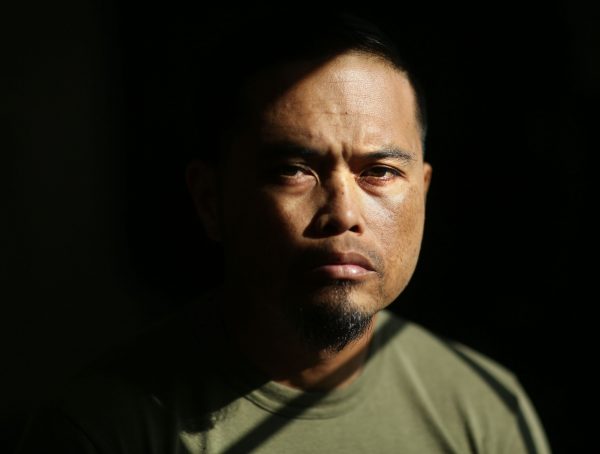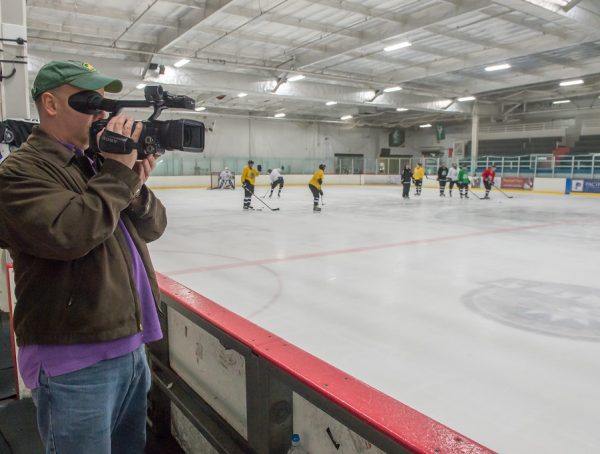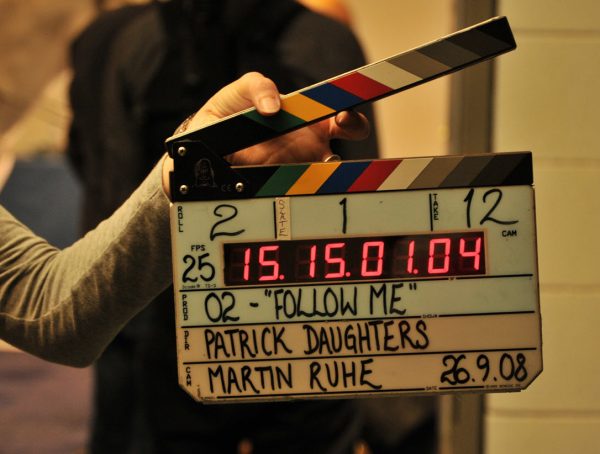Filmmaker Tom Thurman has directed and produced 36 documentaries since his career began in 1992.
In his early years, Thurman wanted to be a painter and a writer. While in school, he realized filmmaking could be both a professional and a creative outlet.
“I could tell stories. I could use color, light, and composition. Filmmaking seemed to be the most collaborative enterprise that would allow me to combine my previous interests into one pursuit,” Thurman said.
Since his start in the industry, Thurman says the biggest change he has seen is in the increased number of films being financed and produced. He credits much of this change to streaming services such as Netflix, Amazon Prime, and Hulu.
“I think we are in a Golden Age for both documentaries and television itself.”
More filmmakers are taking advantage of this “Golden Age,” opting out of theater releases and sending their work straight to an online streaming partner. Thurman said that’s because a documentary can have the same effect on viewers whether they are sitting in a theater or on their couches.
However, Thurman says that making a living as a documentary filmmaker is more challenging than it was in the 1990s. “It’s more difficult because the competition is so fierce.”
He maintains that documentary filmmakers must be willing to put in time, effort, and patience. Developing this craft requires a unique skill set, according to Thurman, and he says it all starts with being able to tell a good story.
“How can I educate my audience in an entertaining way?” To tell a powerful story, Thurman says filmmakers must recognize the importance of research, which provides the foundation for a film and serves as the anchor for the story.
To prepare for his most recent film, Robert Penn Warren: A Vision, Thurman carefully researched his subject’s work and spent much time building connections with his sources.
How can filmmakers keep documentary storytelling relevant? “People like documentaries about other people,” Thurman says. “Audiences like to see others dealing with the same things that they deal with. It makes you feel connected.”








